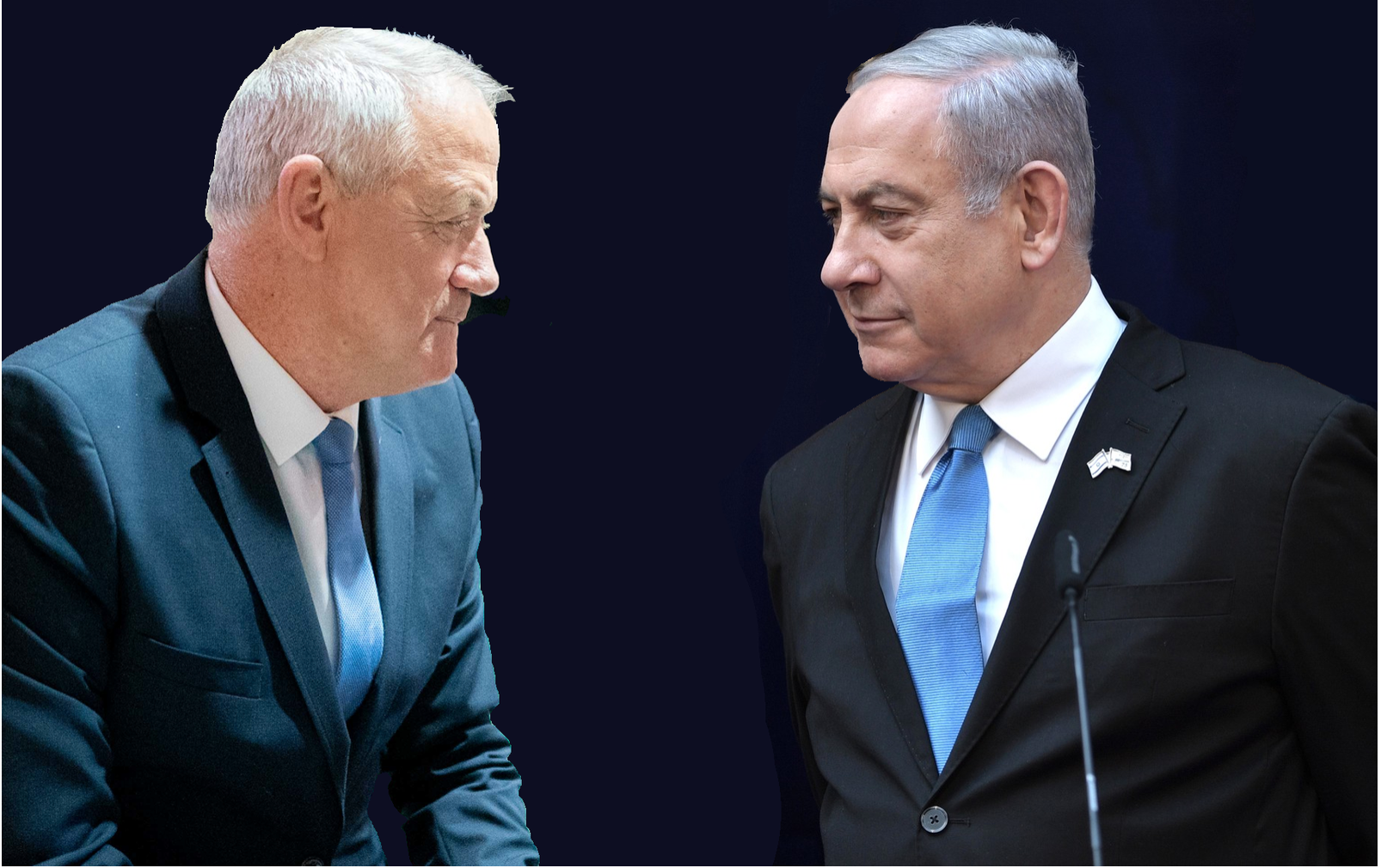Israelis will cast their ballots on March 23 in the country’s fourth early election in the past two years. The election was spurred after two major parties, Likud and the Israel Resilience Party, failed to reach an agreement over state budgets, according to the BBC. The parties are led by Prime Minister Benjamin Netanyahu and Alternative Prime Minister of Israel Benny Gantz.
“Two previous elections were inconclusive, resulting in a rare government of national unity,” the BBC reported in an article.
On Tuesday, December 22, the Knesset (Israel’s parliament) was forced to dissolve as the legislature missed the budget deadline required by law. “An 11th-hour attempt to avoid this failed after a bill to allow more time was voted down, against expectations,” the BBC said.
Political analysts argue that the inability to pass the bill was due to Netanyahu’s interest to maintain his power, according to an NPR article. “The reason we’re heading to an election is because Netanyahu refused to pass a budget as required by law and honor political agreements so that he can remain in power for the duration of his trial,” President of the Israel Democracy Institute Yohanan Plesner said.
The candidates for this upcoming election include Netanyahu, who is a member of the conservative Likud party and is currently under investigation for “alleged corruption.” The charges include bribery and breach of trust. He is Israel’s longest-serving Prime Minister, holding power since 2009 and, previously, from 1996 to 1999.
As the incumbent, Netanyahu has a slight advantage. He has been applauded for effective vaccine distribution and fostering four peace deals with Arab states (with countries like the UAE and Bahrain), according to the NYTimes.
Netanyaju’s strongest opponents include Naftali Bennet and Gideon Saar who formerly served, respectively, as the education and defense minister and the education and interior minister, according to the NYTimes. Both politicians are members of conservative parties as well. Bennet is a member of the Yamina party, a religious right-wing party founded in 2019. Saar formed the New Hope party after leaving Likud at the end of 2020.
To run his campaign, Saar recently hired Steve Schmidt, Rick Wilson, Stuart Stevens, and Reed Galen, four founders of The Lincoln Project. The Lincoln Project is an American organization of conservatives who broke away from the current Republican party and advocated against President Donald Trump. Similarly, these individuals will help lead Saar’s campaign following his departure from the Likud party.
In December 2020, when Saar left Likud, he said that the party had become a “tool for the personal interests of the person in charge, including matters relating to his criminal trial,” according to The Times of Israel. Saar also claimed that Netanyahu fostered a “cult of personality.”
“Likud has changed its character dramatically in recent years. I can no longer support the Netanyahu-led government or be a member of a Likud party led by him…Today Israel needs unity and stability — Netanyahu can offer neither,” Saar said.According to a survey released on January 12, Netanyahu’s party leads with 29 seats followed by Saar’s New Hope Party projected to gain 16 seats. The rest of the seats are divided amongst different Israeli parties. Because of a lack of majority held by any political group, a majority coalition for Netanyahu or other figures is unlikely.

